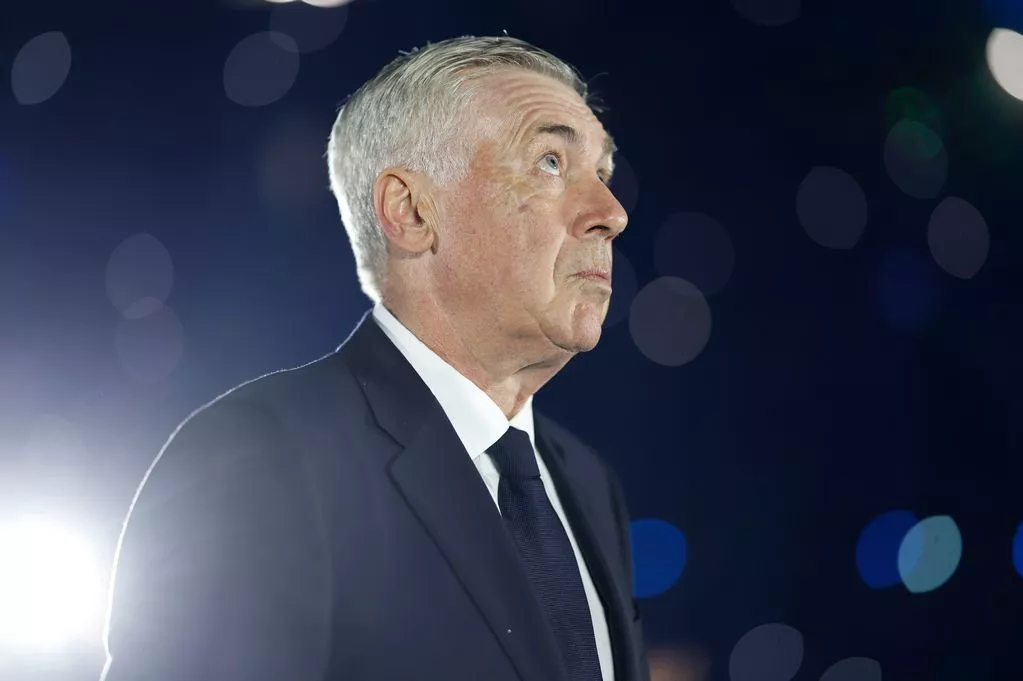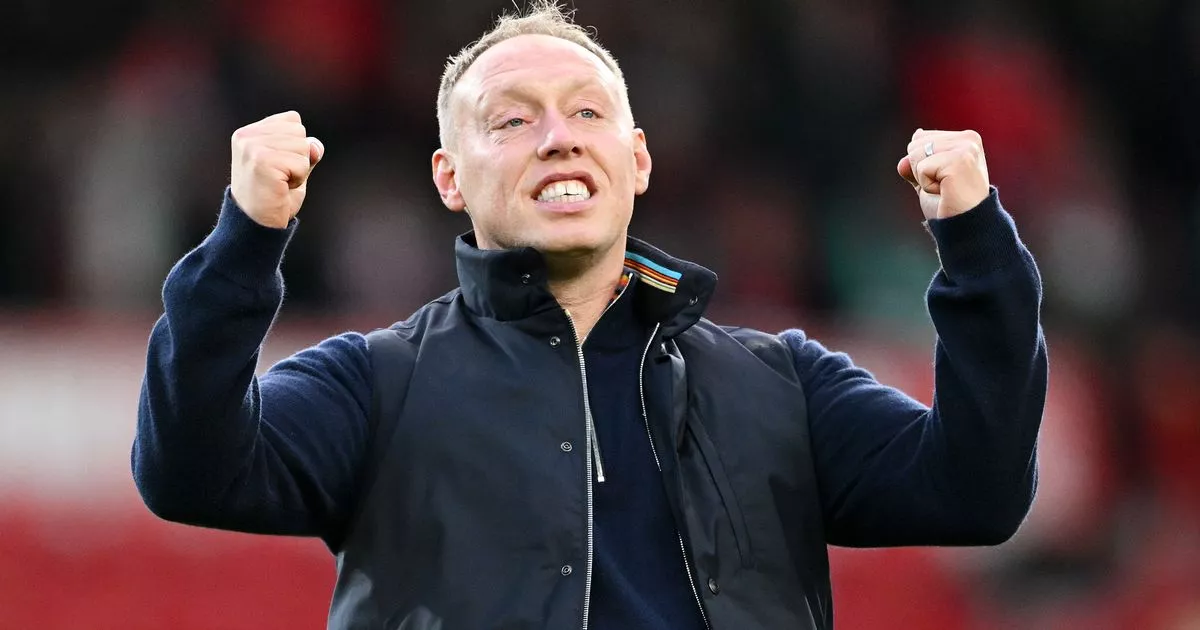Carlo Ancelotti was handed a one-year sentence for tax fraud but won’t have to serve time behind bars.
A Spanish court sentenced former Everton manager Carlo Ancelotti to a one-year prison term for tax fraud when he was Real Madrid manager in 2014. The 66-year-old, who managed the Toffees between 2019 and 2021, was sentenced by a Spanish court having been accused of non-payment of €1m (£830,000) in tax on his salary between 2013 and 2015 during his first spell as manager of Real Madrid.
The Italian, who was acquitted of a similar charge in 2015, has since paid back the debt in full, doing so in 2021, but he will still have to pay a fine of £333,000. He almost certainly won’t, however, have to face time behind bars despite the sentence, with Spanish law rarely requiring those who have committed a non-violent crime and sentenced under two years, with no previous convictions, to spend time in jail.
Prosecutors during his trial earlier this year had been seeking a jail term of almost five years and a fine of £2.7m for the offence.
“For me, everything was in order,” Ancelotti, who was offered a net salary of £5.1m by Real Madrid at the time where he left the structure to his financial advisors, told the Provincial Court of Madrid back in April during his trial.
“I thought it was quite normal because at that time all the players and the previous coach had [done the same].
“For coaches [image rights] don’t mean the same as they do for players because they don’t sell shirts.”
Ancelotti isn’t the first high-profile football figure to have fallen foul of Spanish tax law, with Lionel Messi having been handed an initial 21-month suspended prison sentence and a €252,000 fine in 2017 relating to his time at Barcelona, while Cristiano Ronaldo and Jose Mourinho were both hit with significant fines for tax charges relating to their time at Real Madrid.
Carlos Sánchez, Ancelotti’s press officer, told the Associated Press that the coach “will not make comments for now”, while the Brazil football confederation said in a statement that it was following the case.




